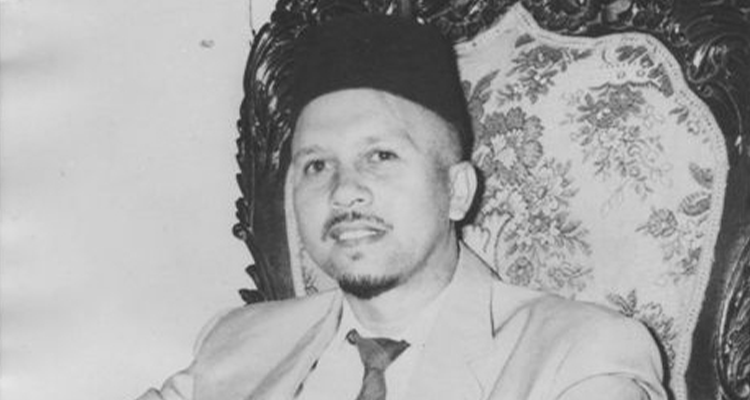Western Cape – For over half a century, the late anti-Apartheid activist Imam Abdullah Haron’s death was officially labelled an accident. At the time, the “official” narrative asserted he had succumbed to injuries sustained from a supposed fall “down a flight of stairs”.
This version had consistently been contested by those close to Imam Haron, who asserted the cause of his death was inaccurate. This scepticism was primarily fueled by evidence of bodily injuries suggestive of physical abuse he endured in police custody.
On Monday, October 9, the belief held by Imam Haron’s family was finally validated as Judge Daniel Thulare, presiding at the Western Cape High Court, ruled his death was not accidental. Instead, the judgement concluded he had been tortured and killed by the Apartheid police at the Maitland Police Station in September 1969. This verdict overturned the initial inquest conducted in 1970.
In an emotional interview with Salaamedia, Imam Haron’s daughter, Fatiema Haron-Masoet, tearfully expressed they had always been aware of the truth and having it officially documented was a historic moment, not only for their family but for the entire nation as well. She expressed her gratitude to God for allowing the truth to prevail.
“It was a historical moment, in the Cape Town High Court, for us as a family, the community and our society at large in South Africa.”
The Verdict, a Positive for All South Africans
During the Apartheid era, numerous political prisoners died under strange circumstances while in police custody. These individuals had been arrested for no reason other than their advocacy for equality and justice.
Regrettably, even after the end of Apartheid, many people do not have the closure of what exactly happened to their loved ones while they were detained. As such, they continue to carry the burden of pursuing the truth concerning the individuals they have lost.
Despite the positive outcome the Haron family experienced, Fatiema’s thoughts immediately turned to those families still awaiting hearings for their cases. Showing deep empathy for their pain and uncertainty, she encourages these families and people to stay steadfast and not lose hope.
“For us, as a family, we want to give hope to all the victims and the families of the victims that are still alive today for their pending cases, waiting for the investigations … We want to give hope to them and even though there were no perpetrators to be prosecuted in this case, at least the inquest of 1970 will be overturned by this new judgement.”
SMread| Community powered task team created to solve Joburg’s water crisis
Honouring the Martyrs of South Africa
Amid the current challenging state of our nation, it is easy to overlook the sacrifices which countless anti-Apartheid figures made during the struggle. While many of their names may remain unsung, Fatiema implores South Africans to pay tribute to their enduring legacies and draw inspiration from their lives and the principles they stood for.
Regardless of the hardships we face and may encounter in the future, we must honour these martyrs by dreaming with the same passion as they did. We should commit ourselves to serving our fellow South Africans and striving relentlessly for the advancement and improvement of our society.
“[We need] to take a lesson of the life of Imam Abdullah and how an ordinary man, a cleric, a father, a husband, a friend and just a person who stood up for a just cause. Who was prepared to sacrifice his life and give it up in honour of the dignity of all South Africans. We want people to take lessons from his life, inculcate them in their society, and move forward.”
